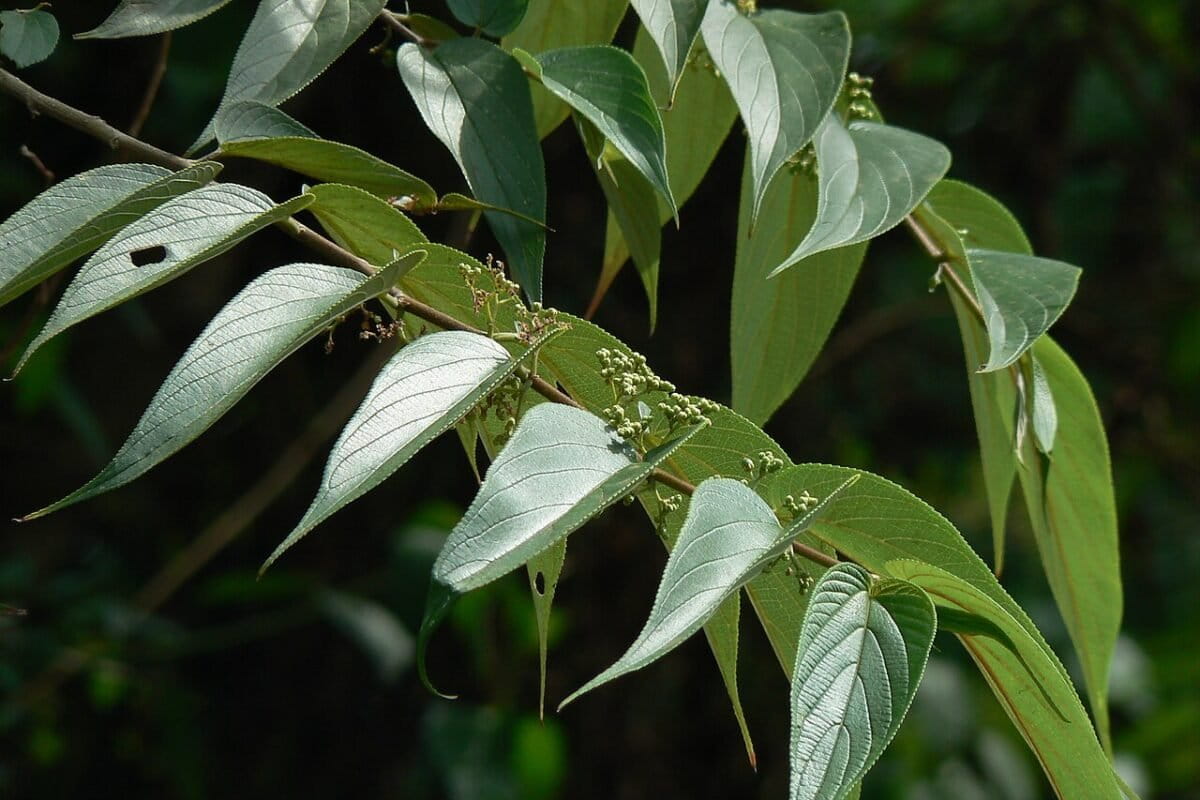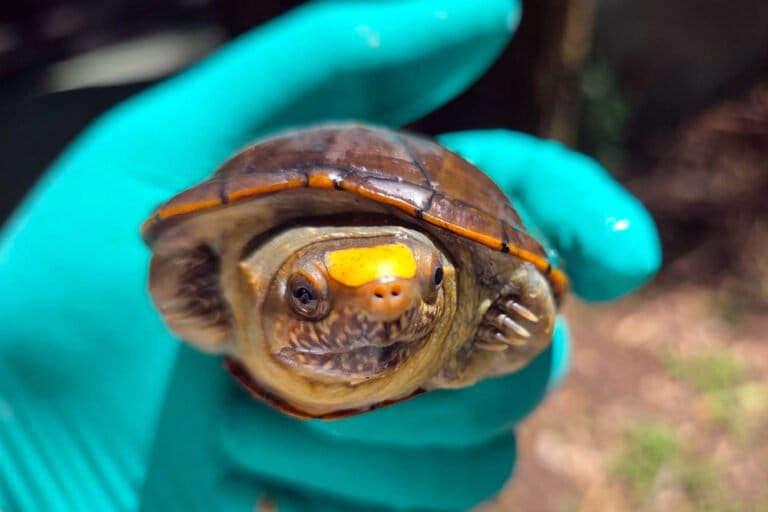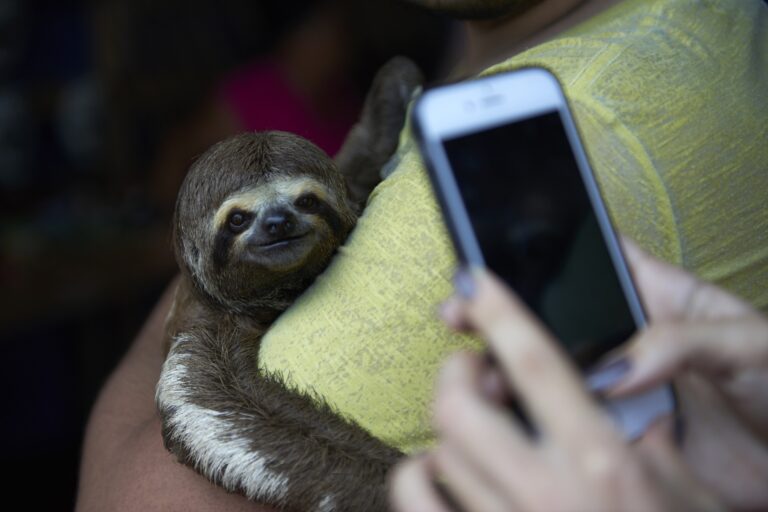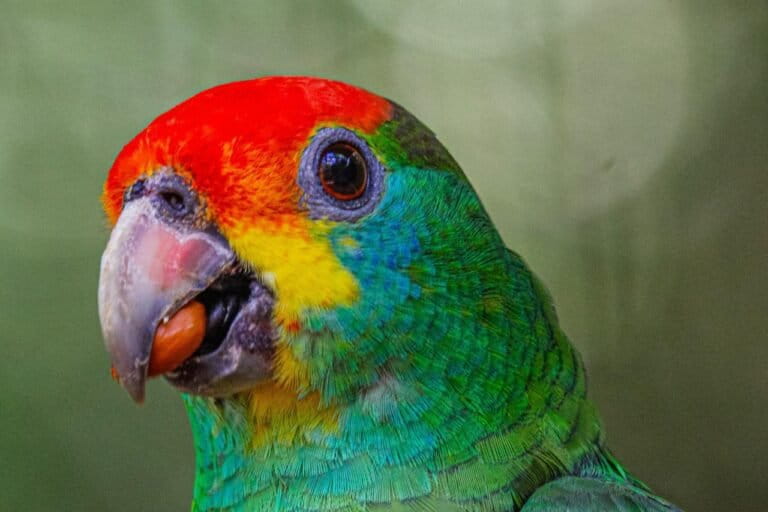- After a year-long investigation, Chinese customs officials seized over 23 metric tons of pangolin scales, local Chinese media reported last week.
- This massive amount of scales, the officials say, would have been extracted from around 50,000 pangolins, and represent the largest seizure of wildlife products in the country this year.
- The scales had originated from Africa and were being smuggled in batches into China from Busan, South Korea, since November 2018, the officials said.
- Authorities have detained 18 suspects in connection with the seizures.
Chinese customs officials have seized over 23 metric tons (23,000 kilograms or 50,000 pounds) of pangolin scales after a year-long investigation, local Chinese media reported last week. The massive amount of scales, the officials say, would have been extracted from around 50,000 pangolins, and represent the largest seizure of wildlife products in the country this year.
The scales had originated from Africa and were being smuggled in batches into China from Busan, South Korea, since November 2018, the officials said. The customs’ anti-smuggling bureau detained 18 suspects in connection with the trafficking.
“A man surnamed Cai purchased pangolin scales in Nigeria and entrusted an overseas smuggling group to transport them to Busan first,” Feng Chenxue, an Hangzhou Customs official, told China Daily. “Then, the man’s two partners in Wenzhou hired another group to deliver them to Wenzhou via Shanghai.”
The smugglers’ modus operandi involved wrapping the pangolin scales in layers of ginger slices, making them hard to detect during routine spot checks, Chen Ling, a policeman from Wenzhou Public Security Bureau, added.
China and Vietnam are among the biggest markets for pangolin scales. These scales, made mostly of keratin just like human fingernails, are incorrectly believed to have medicinal properties, including promoting menstruation and lactation and in treating rheumatism and arthritis. Pangolin meat, blood and other body parts, too, are thought to have medicinal value. The mammal’s meat is also considered a luxury food item in these countries.
In 2016, all eight known species of pangolins were listed on CITES Appendix I, banning commercial trade in the animals. Yet, seizures of pangolins and their parts have continued, suggesting that the shy mammals are still being illegally hunted in thousands.
All eight species of pangolins are threatened with extinction. In fact, the International Union for Conservation of Nature (IUCN), which assesses the conservation status of species, recently moved three pangolin species to higher threat categories, given both the loss of their habitats and increased trafficking of their parts in recent years.
The four Asian pangolins — Indian pangolin (Manis crassicaudata), the Chinese pangolin (Manis pentadactyla), Sunda pangolin (Manis javanica), and Philippine pangolin (Manis culionensis) — are critically endangered or endangered.
Following the decline in the Asian species, the four African species — the Cape or Temminck’s ground pangolin (Smutsia temminckii), white-bellied or tree pangolin (Phataginus tricuspis), giant ground pangolin (Smutsia gigantea) and black-bellied or long-tailed pangolin (Phataginus tetradactyla) — are now being increasingly smuggled to Asia, and the species are listed as vulnerable or endangered.















